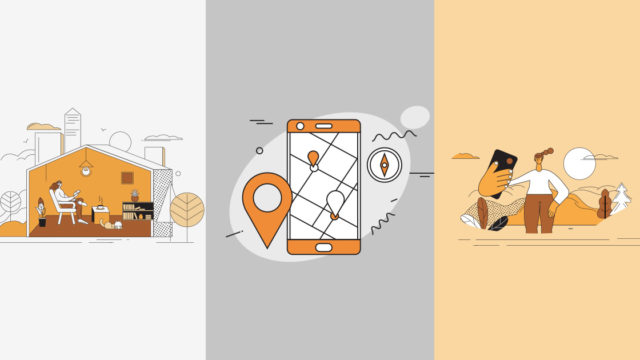Have questions about making AI—and all things tech—work for you? November 14-15, get answers from experts at NexTech, in NYC and virtually. Save 35%.
New York is prohibiting advertisers from geofencing health care facilities, according to a new provision in the state budget passed in May. As a result, it’s becoming harder for advertisers, who want to use location or health care data, to maintain performance while still abiding by the law.
Geofencing is a technology that lets companies track user devices within a particular geographic radius. Under the new law, corporations are prohibited from creating a geofence within 1,850 feet of hospitals in New York state to deliver an advertisement, build consumer profiles, or infer health status.
“There is going to be a fundamental shift in how the pharma and the medical industry gets marketed,” said Alan Chapell, president of law firm Chapell & Associates. “The idea that you’re going to have separate campaigns, one for each state that has a privacy law and one for everyone else, that has a cost associated.”
The recent state legislation comes at a time when the federal government is also scrutinizing how businesses use healthcare data for advertising. The FTC fined health care firms GoodRx and BetterHelp for using health care data inappropriately earlier this year. In late 2022, the Department of Health and Human Services released guidance on the way digital tracking technologies can be in violation of the Health Insurance Portability and Accountability Act (HIPPA).
New York follows Washington, which passed the My Heath My Data law in April, in passing legislation aimed at stopping advertisers from geofencing health care facilities. Both aim to prevent the collection of private, sensitive information, which is particularly incriminating in the wake of the Supreme Court’s overturning of federal abortion protections last year.
Connecticut and Nevada passed separate bills prohibiting geofencing around health care facilities in June—both prohibit identifying, tracking, and collecting data 1,750 feet outside of a health care facility. Of note, both Connecticut and Nevada already have comprehensive user privacy legislation, while New York does not.
All advertisers in the regulatory crosshairs
The New York law has particularly far-ranging implications because of how densely packed New York City is.
Theoretically, an advertiser could geofence around another business that is proximate to a health care facility and still fall within the law’s prohibited radius, even if the advertiser had no interest in healthcare, said Greg Sterling, co-founder of local search-focused firm Near Media.
“You’re not going to be able to use location targeting for most of Manhattan,” he said.


